by Christine Shin
A three-year-old child is a wonder to behold. She is a sponge for information, eyes wide open, hands grasping, ears attuned. It’s easy to feel that the main function of a parent is keeping inappropriate things out of reach.
But there’s a positive side to this, of course. This is the age at which the child is most receptive to good things as well. From language acquisition to dietary habits to norms and manners and physical dexterity, this is the time when developmental windows are flung wide open.
And they don’t stay open forever.
The toddler years are also the ideal time to enroll a child in music classes that incorporates movement, rhythm, singing, and elementary piano. Here are five good reasons:
1. It’s fun! Before we plunge into the benefits to neural development and the like, let’s recognize that music is just plain fun. Ever hear someone say, “You know, I don’t really like music”? Everyone loves it, and children most of all. Involving kids in music from an early age can build a relationship to music making as a happy and beloved activity. There’s no better foundation for the serious pursuit of music in later years, not to mention a lifetime engagement with it as a listener.
2. It develops the musical ear. Children learn language not by drilling rules but by immersion in spoken conversation. There’s no better illustration of a child’s ability to intuit language than the “intelligent errors” they make. Saying “goed” instead of “went,” for example, shows that the past tense meaning of the suffix “-ed” has been learned by listening to conversation without anyone ever teaching it as a rule. In much the same way, children learn the syntax and semantics of music by hearing and participating in music. Every time a child hears a major scale, a melody, a chord progression or a cadence, an understanding of the essential language of music is reinforced. Participating in the creation of the music reinforces that understanding still further. By beginning that participation at an early age, parents can help their children develop music as a fluent second language.
3. It encourages self-discipline. The study of music requires self-discipline. And though the emphasis for three-year-olds should be squarely on the fun of it, this early experience builds a foundation for later study that will make ever-increasing demands on the child’s self-discipline as a skill in and of itself.
4. It facilitates brain development. Evidence is mounting that the brains of children as young as two years of age are more efficient and adaptive if the child has experienced active, hands-on training in music. A recent study at McMaster University showed significant gains in mental efficiency and memory among preschool-aged children who took piano lessons for one year compared to students without formal musical experience. Other studies have linked music lessons to higher achievement in high school math and science. And in one of the most compelling studies to date, researchers at UC Irvine gave computer training to one set of preschoolers while another group received piano lessons. At the end of two years, the groups were tested for reasoning skills – and the little pianists scored an average of 34 percent higher than the cyberkids!
5. It develops a range of concrete abilities including problem-solving, the understanding of symbols, physical coordination, emotional communication, and judgment. Music making is not a single skill—it is a constellation of skills running the gamut from the physical to the emotional. There is quite simply nothing else in human experience that offers this incredible combination.
Once again we can return to PET scan technology for an inkling of what’s going on. Listen to a melody and one portion of the brain is active. Listen to harmony and a wholly distinct part is engaged. Listen to melody and harmony combined and the two structures are activated together. Participate in the making of harmony and melody and the PET scan reveals the most astonishing, whole-brain engagement, a synthesis of the centers of emotion, reason, movement, sensation, and meaning that is unrivaled by any other human endeavor. Make music, in other words, and you create a symphony of mental activity and meaning unlike anything else you can do.
Who wouldn’t leap at the chance to put that fantastic symphony in the heads of our children as early as possible?
© Christine E. Shin

